In Thursday morning's program, Bakondi emphasized that the EU Court of Justice ruled that illegal migrants cannot be sent back to countries where minority rights may be at risk. However, since this condition is met in some form in nearly every non-EU country from which migrants originate,
"in practice these people cannot be deported,"
he stated.
According to UN conventions, individuals persecuted in their home country for religious, racial or political reasons are entitled to asylum in the nearest safe country. But since 2015, Bakondi claimed, migrants are coached to present themselves as refugees, then—with the help of smuggling networks—they reach Europe's green borders and discard their identification documents, making it impossible to determine either their identity or country of origin. As a result, "they cannot be returned anywhere."
Severe Consequences for Public Safety
Bakondi stated that many remain illegally in the host country and often live from criminal activity.
The severe consequences of this for public safety are clearly visible in Western Europe,
he said. As Western European populations begin to grow weary of this situation—reflected in recent election results—affected nation-states are attempting to rein in illegal migration. But according to Bakondi, these efforts are continually blocked by central EU institutions such as the Commission or now, the Court of Justice.
Bakondi also mentioned that
the EU migration pact is extremely disadvantageous for Hungary, which is why the country refuses to implement it.
However, "the vast majority of EU member states also disagree with the unworkable pact that goes against the interests of European citizens,"
he said, adding that this could soon lead to a reassessment of the agreement.
Cover photo: Refugees arriving en masse (Photo: MTI)
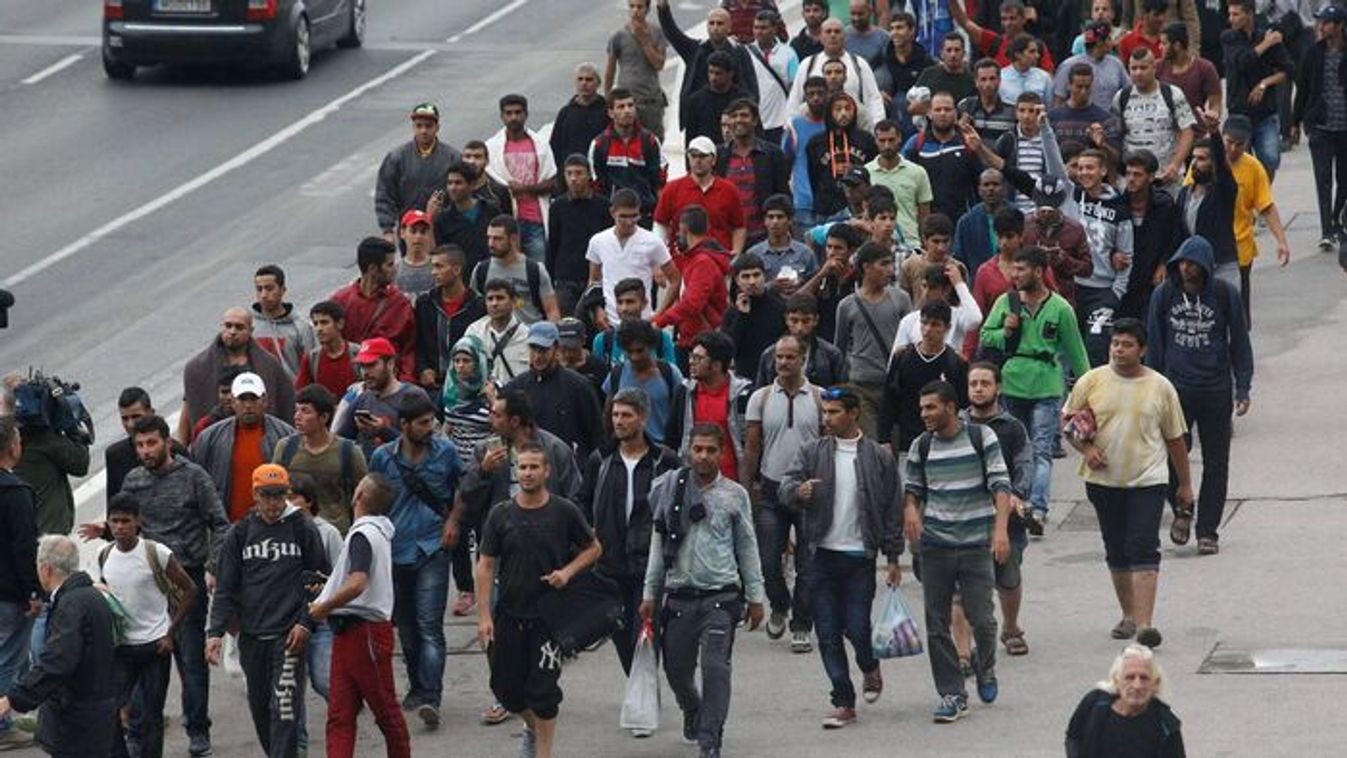





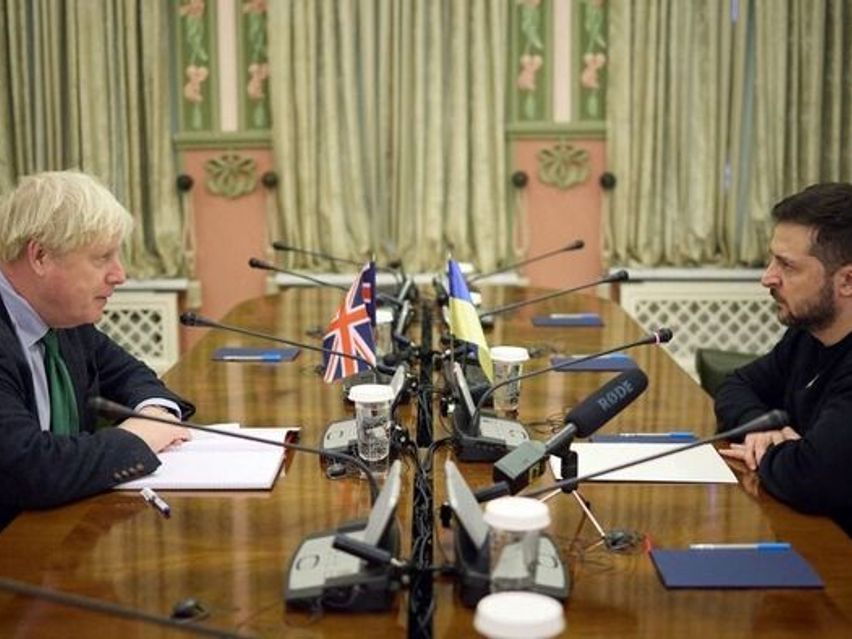
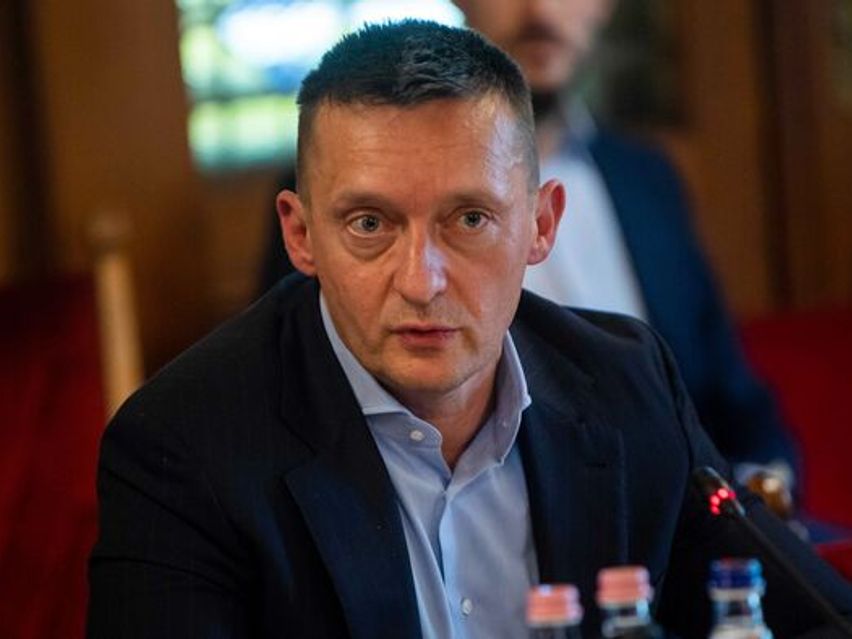
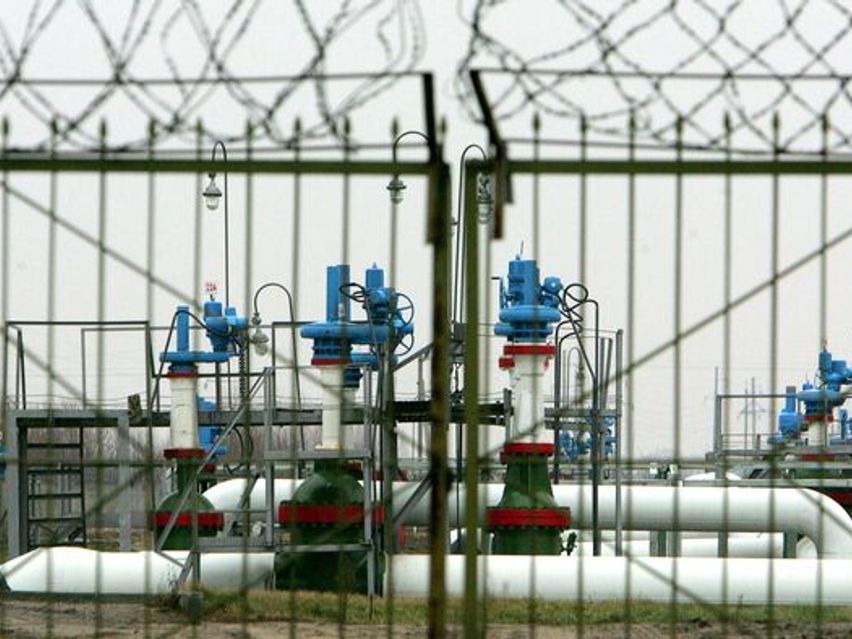






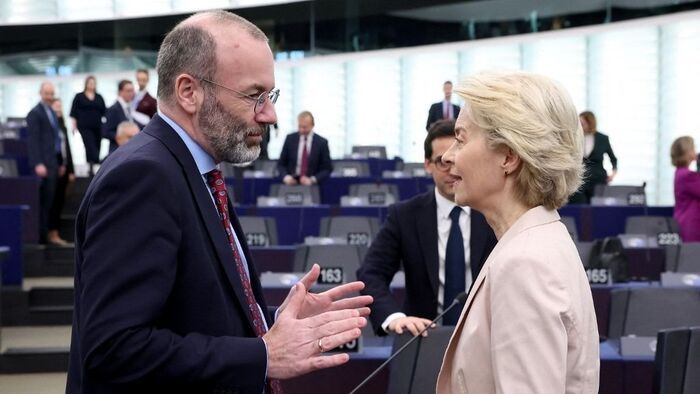

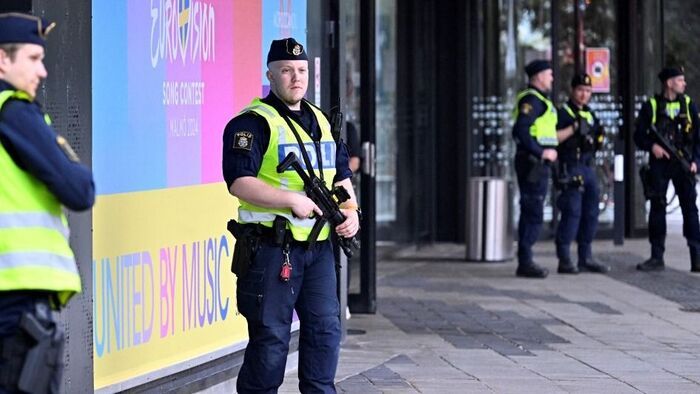





Szóljon hozzá!
Jelenleg csak a hozzászólások egy kis részét látja. Hozzászóláshoz és a további kommentek megtekintéséhez lépjen be, vagy regisztráljon!